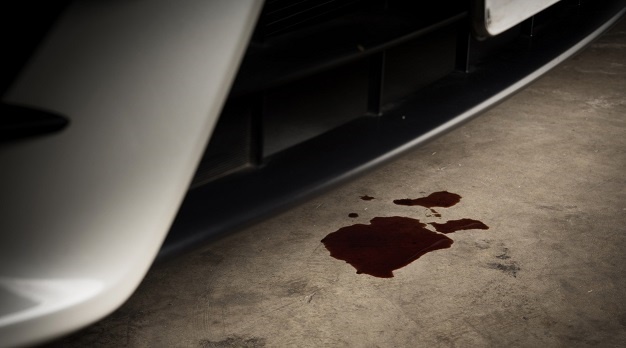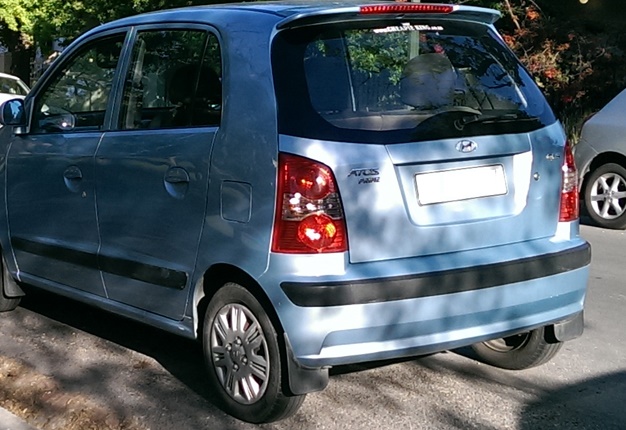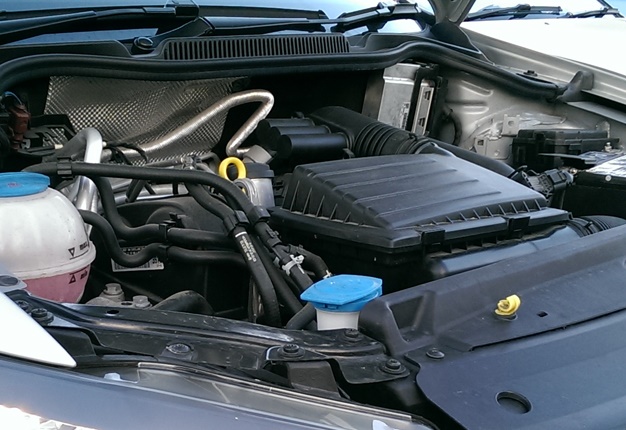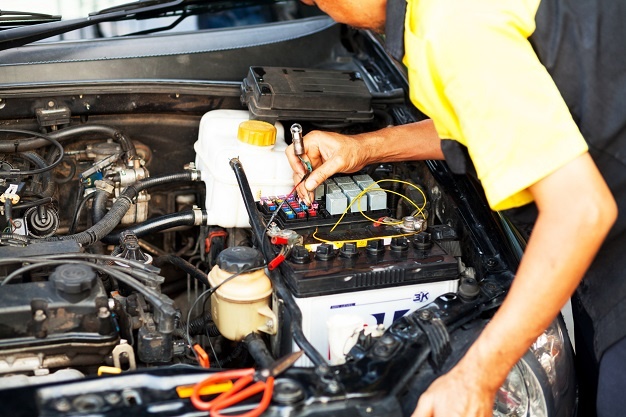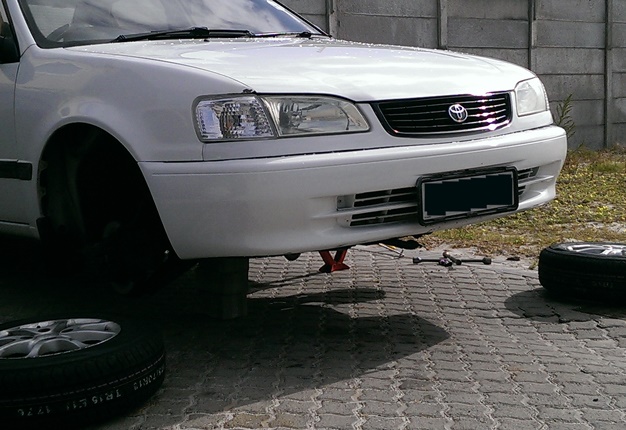Cape Town - There's no easy way to face this uncomfortable reality for many South African motorists - that car you bought from the slick salesman is a dud.
It's painful news to bear and hurts your faith in humanity because the salesman was so convincing about the fuel economy, service history or previous owner.
Nevertheless, you're stuck (quite literally) with a car that's not going anywhere.
And I should know, having bought my share of duds going back to the 1980s.
'Buying a lemon'
'Lemons' are not only consigned to old cars with a colourful history: The market corrects and if you look at how the value for some cars falls through the floor, it might give you clues about certain brands and their longevity in SA.
While modern cars are generally well-engineered, and you are no longer obligated to carry a toolbox in the boot, without maintenance, even the most expensive and brilliantly engineered vehicle will break down.
What should you do? Learn from the experience of others and insulate yourself against worst case scenarios.
Have you purchased a dud from a dealership? Have you been sold a car with hidden problems? Share your experience with us
Now what?
If the cost of the problems you discover exceed your budget, the best option may be to sell the car - even at a loss.
When the car has expensive parts, selling makes even more sense.
French cars might have a reputation for high maintenance costs but buyers should be especially wary of dolling out cash on performance cars. These vehicles might be designed to work hard but if something breaks it's often expensive to replace. You might fix one problem, only to have another surface.
Resist the temptation to try and scam the next buyer, the better option is to look at the price range for similar vehicles and price yours at the lower end so that it still puts you in a strong negotiating position.
Platforms that offer to buy your car at home generally offer you a far lower price than you could get by selling privately.
You could also use the car as a trade-in on a new vehicle as dealers will often give you a generous trade for your lemon – especially if you finance in-house.
Ultimately, remember that any car will require maintenance, but if you pay attention during the purchase process, it could go a long way to preventing you from being stuck with a nightmare.
Typical car problems that can be hidden:
1 Oil problems
One of the first signs that your engine is sickly is copious consumption of oil.
If your car requires a pint (500ml can) of oil once a week, you will probably notice big blobs of oil where you regularly park and thick sludge underneath your engine.
It could be a sign of a failed oil seal, allowing oil to spill out from the engine and putting your engine's functioning at risk.
Some unscrupulous salespeople could top up the oil just before the sale of the vehicle and give the engine a quick spruce-up with engine cleaner to hide signs of an oil leak.
Few buyers today will bother to examine the engine of a car prior to purchase and even car shows on TV/YouTube rarely include a discussion on the engine, making it difficult for consumers to remain informed of what the pitfalls may be.
Oil could also spill on to the clutch, causing slippage - and ultimately hurt you with an expensive repair bill.
Failing rings are the most likely culprit of oil consumption, especially when it is accompanied with fouled plugs and an engine that "misses", especially when it's cold or stalls on idle.
Your fuel economy will fall through the floor as the engine is running on fewer cylinders than optimal and sometimes the car will emit thick white smoke when you put your foot down.
Either way you look at it, failed rings are going to cost a small fortune and you have to carefully weigh whether you flog the car or conduct the repairs.
2 Cooling system
Rubber piping forms a significant part of the cooling system and is subject to failure when it gets old.
In any car over five years, check the rubber pipes carefully for leaks as these pipes have to cope with high pressures and heat.
Especially, look for the tell-tale brown/orange stains at connections and at the radiator cap.
Some people will happily sell you a car, knowing that the radiator has a leak that they've "fixed" with a DIY product.
Unfortunately, the constant expansion and contraction of the materials in the cooling system mans that DIY repairs are often exposed long after the cheque has cleared and you are stuck with a leaking system.
On the BMW E46 3 series, plastic clips may crack which leads to coolant leaks and can fail and result in an expensive repair.
If your radiator is shot, a new one is your best bet, but take care that you also check the hoses.
It's often the case that the leaky radiator will "protect" worn rubber hoses and once you replace the radiator, the hoses will take turns in popping like balloons as they struggle to cope with the increased pressure in the system.
If you're buying a car, let it run until hot and watch the engine for leaks or steam.
But there's more: Be careful that the head gasket hasn't blown because of a lack of coolant.
Typical symptoms of a failed head gasket include a milky residue on the radiator cap.
A head gasket job is an expensive one and you also have to identify the cause of the gasket failure to address the root of the problem.
3 Electrical faults
It's incredibly frustrating when electrical components don't work correctly.
Electrical problems can range from the irritating (park lights not working) to the dangerous (random firing of the hooter, headlights that refuse to work even when you replace the bulbs).
Most electrical problems can be traced to a bad earth connection in older cars. In my Hyundai Atos, sometimes the electrical loom for the rearlights become frayed, resulting in brakelights not working.
In the VW Golf I, the fuse box is located beneath the bonnet seam and when it rusts, water leaks on to the fuses and you'll get random electrical issues.
Check your car with an OBD-2 reader to see whether the system reports any issues, but be wary of just handing out a load of cash to an auto electrical unless you get a firm commitment on costs.
One auto electrician quoted R1400 for fog-light repair on an Audi which turned out to be a simple fuse replacement.
Suspension
Few people take the time to examine the suspension of cars and it’s not easy to tell by looking at a car that there might be a problem with the suspension.
Typically, problems with the shocks will lead to difficulties in cornering and braking but there are other suspension issues that could have an impact on your car and safety.
Tie-rod ends wear out on front-wheel drive vehicles that can negatively affect your steering.
While you're checking out the suspension, watch out for leaks in your power steering system. You don't normally have to top-up power steering fluid in a car with a correctly functioning system.
Check that car salesmen have not done a quick silicon spray on the rubber bushes affecting your car suspension that will hide problems temporarily.




 Publications
Publications
 Partners
Partners




